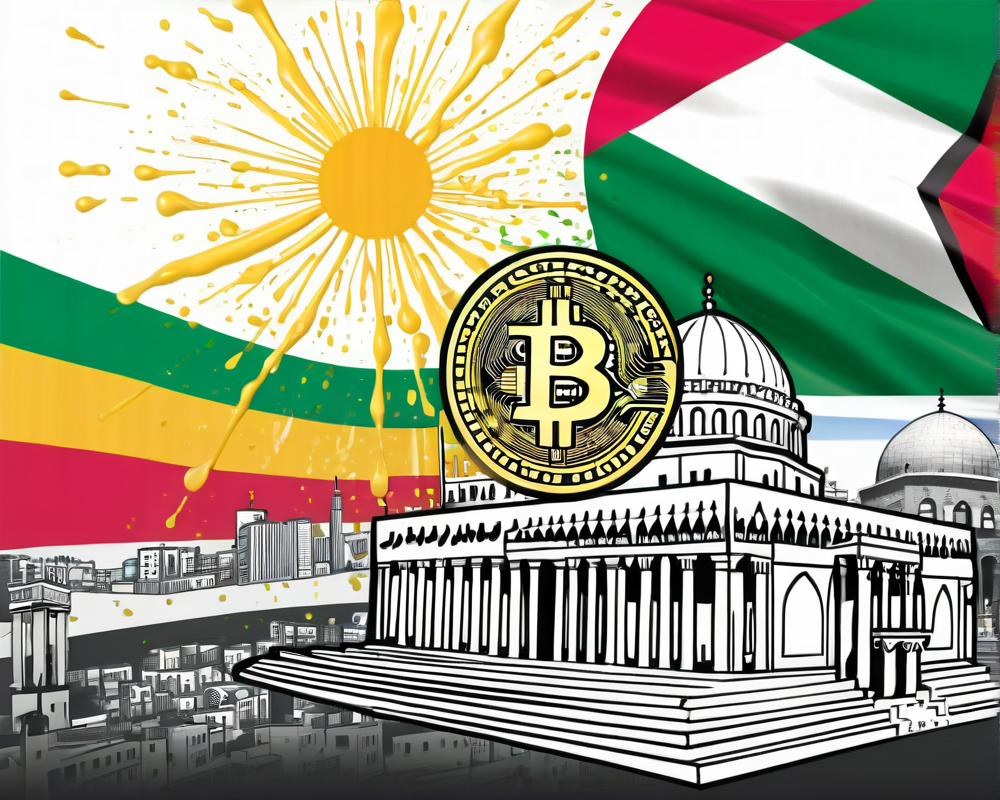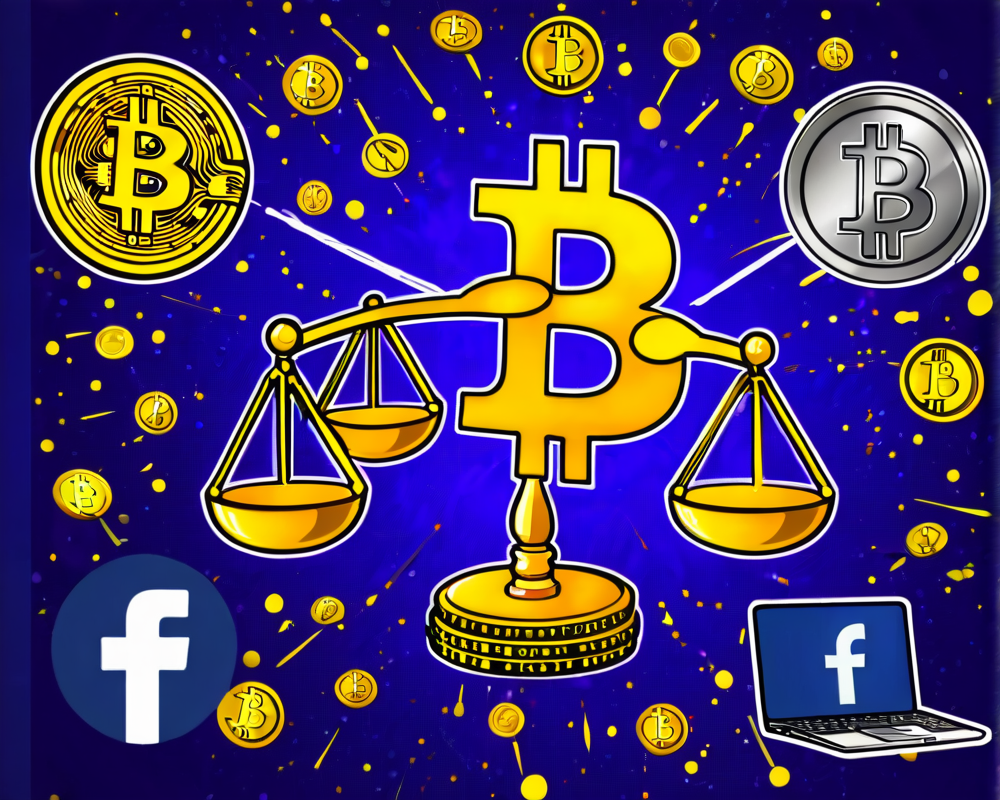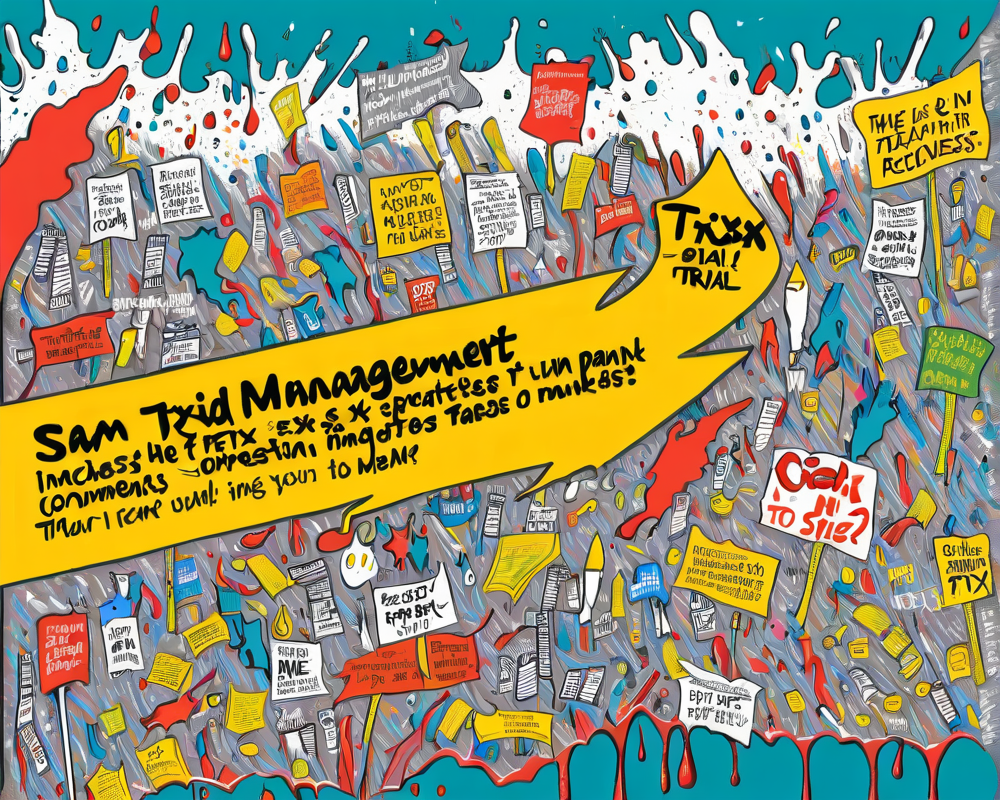Foreign Currencies: A Global Perspective
Many nations, lacking their own currencies, have opted to use foreign ones. For example, countries like East Timor, the British Virgin Islands, Palau, and Zimbabwe rely heavily on the US dollar. Others, such as Montenegro, San Marino, and Kosovo, have adopted the Euro. Palestine, interestingly, utilizes an assortment of currencies, including the US dollar, Jordanian Dinar, and Israeli Shekel. This makes the idea of a Palestinian digital currency not just a financial decision but a national statement.
The Birth of the Palestinian Pound
The Palestine Monetary Authority (PMA) is eyeing a brand-new treasure: a digital currency that could serve as a Palestinian counterpart to Bitcoin. While Bitcoin and other cryptocurrencies are popular and decentralized, a national digital currency could pave the way for better economic control and independence.
Global Trends in Digital Currencies
Central banks across the globe are itching to join the digital age, with countries like Senegal leading the charge in developing their own national cryptocurrencies. In a world where cash is becoming less common, the Palestinian initiative could fit snugly into this modern narrative.
Overcoming Obstacles
One of the noteworthy advantages of a digital currency is its potential to dodge various restrictions. As indicated by Azzam Shawwa, the PMA Governor, printing physical currency requires Israeli clearances, which can be nothing short of a minefield. With a digital currency, Palestinians might regain some agency over their economic transactions.
Challenges of the 1994 Paris Protocol
The Paris Protocol presents a unique hurdle. Although it allows the PMA to operate as a central bank, it restricts the issuance of an independent currency, effectively tying Palestine to the Israeli Shekel. Would a digital version of the Palestinian Pound even be permissible under these regulations?
The Five-Year Strategic Plan
According to Governor Shawwa, the digital currency initiative aligns with a broader ‘five-year strategy’ the PMA has laid out. This strategy aims not just at currency creation, but at building an economic backbone, involving reserves and other fiscal resources. They’ve got a plan, folks!
Bitcoin: An Alternative for the Disenfranchised
While a Palestinian national currency might be on the horizon, there’s always the option of embracing Bitcoin, as suggested by various economic commentators. Bitcoin has often been hailed as a financial lifeline—especially for marginalized communities. As Max Keiser expressed poignantly, it’s a tool that could empower the Palestinian economy, enabling them to take charge of their economic destiny.
The Independence Dilemma
If the PMA’s objective is economic autonomy, exploring existing options like Bitcoin might be less cumbersome than orchestrating the launch of a new currency from scratch. After all, reinventing the wheel can be tiresome—when the road ahead is already paved with a glimmering alternative!




